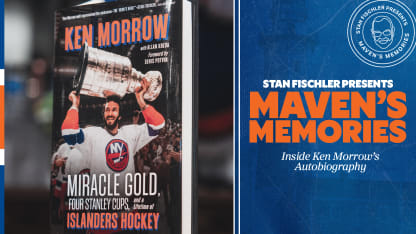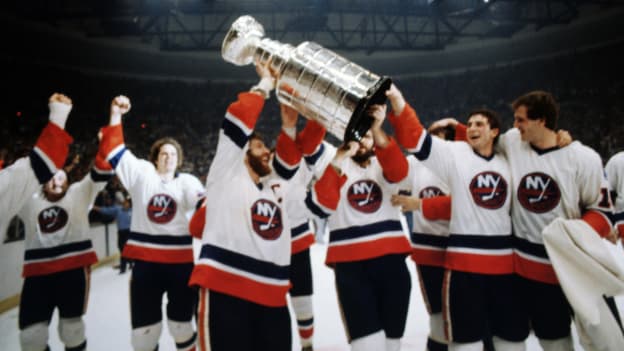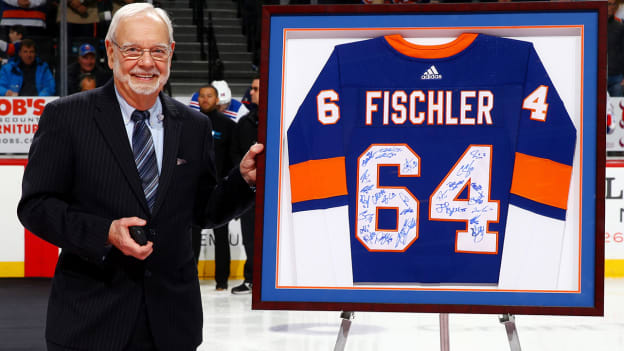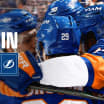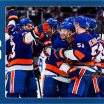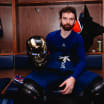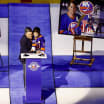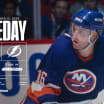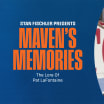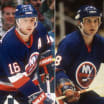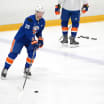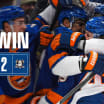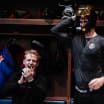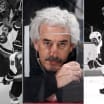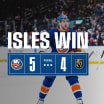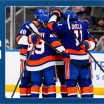Ken Morrow didn't think he was worth a book.
Associated Press hockey writer Allan Kreda thought he was.
Kreda won; and if you don't believe me check it out for yourself since the autobiography is officially on sale.
It's called Ken Morrow, Miracle Gold, Four Stanley Cups And A Lifetime of Islanders Hockey.
The title is a mouthful -- I grant you that -- but the book is every bit a classic in so many ways and Ken is an author in so many other arresting ways.
When Kreda came up with the book idea he had to convince Ken that, yes, he was a book. How did he pull it off?
"I basically offered to Ken that his stories are so good and so inspiring that a book combining Olympic glory and four Cups would be a natural," Kreda says.
Once they agreed to collaborate, Morrow -- who had been through so many hockey wars -- now found himself in a literary battleground.
"At first," Morrow says, "I began thinking to myself, 'What did I get myself into?"
In a sense, Ken was fortunate, Allan was passionate about the idea from the get-go and this passion -- and Kreda's hockey savvy -- turned Morrow into a gung-ho teammate.
"It didn't take me long to realize that Allan knows more hockey than I do," Morrow chuckles.
Really, the book is a primer in perseverance and grim determination. Ken grew up in tough, industrial Flint, Michigan but with the best mentor any lad could have.
Chapter Two is simply titled Don Morrow and, to say the least, it's gripping. Ken's dad stood 6-5 and, as the son affectionately put it, "was a gentle giant. When he did say something, he had your attention."
And when you read on it's obvious -- like father, like son. "Don Morrow tackled adversity and challenges and didn't complain or burden anybody else."
Don Morrow was a splendid athlete and so advanced a baseball player that a road to the majors was very much in the cards.
Tragedy intervened and at age 48 he died in 1976 when Ken was a freshman at Bowling Green University, but Don Morrow had lived long enough to have stamped an indelible mark on his son. Chapter Two tells all about it and Ken tells it passionately and well. I'll leave you with this:
Ken: "After my father passed, when I stood at the blue line or on the bench for every national anthem before every game -- in college, in the Olympics and the NHL, I would look up at the flag and think about my dad and thank him for all he had done. My father was with me for every game I played"

